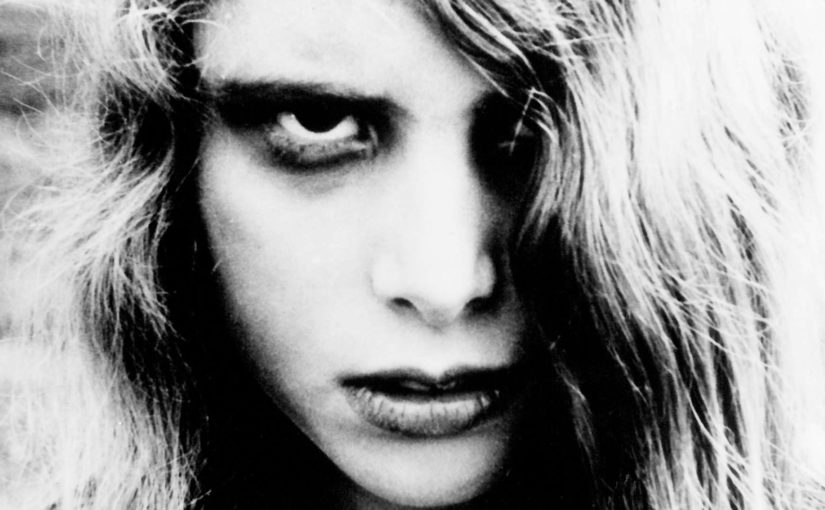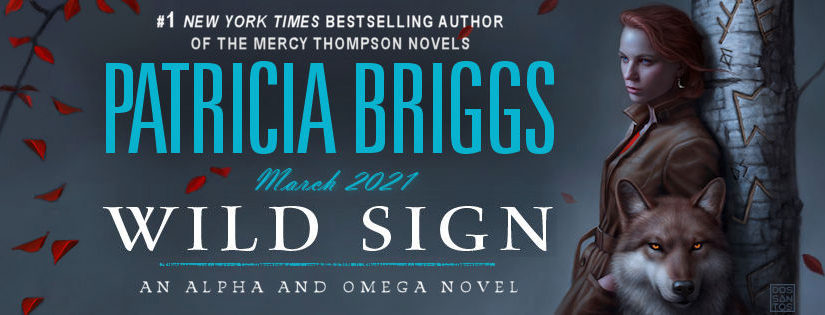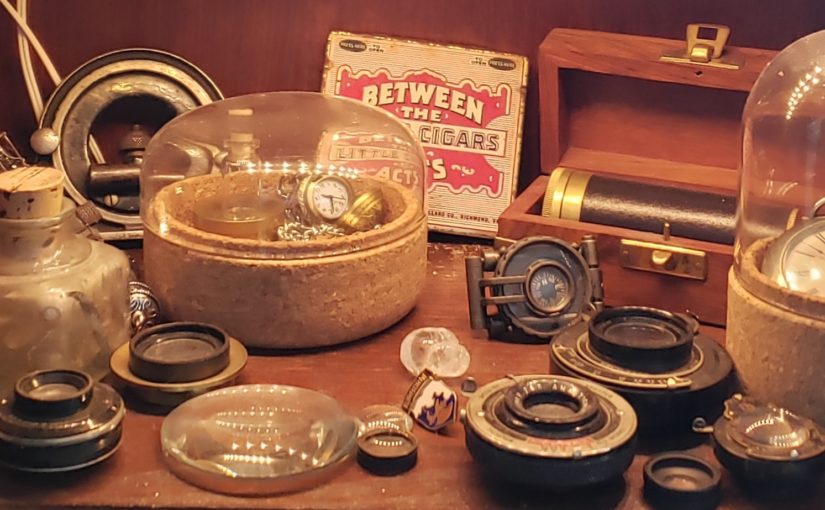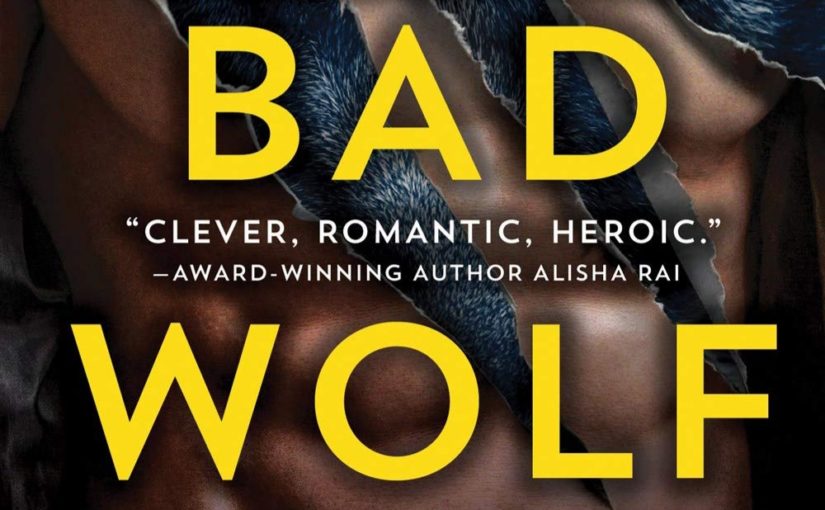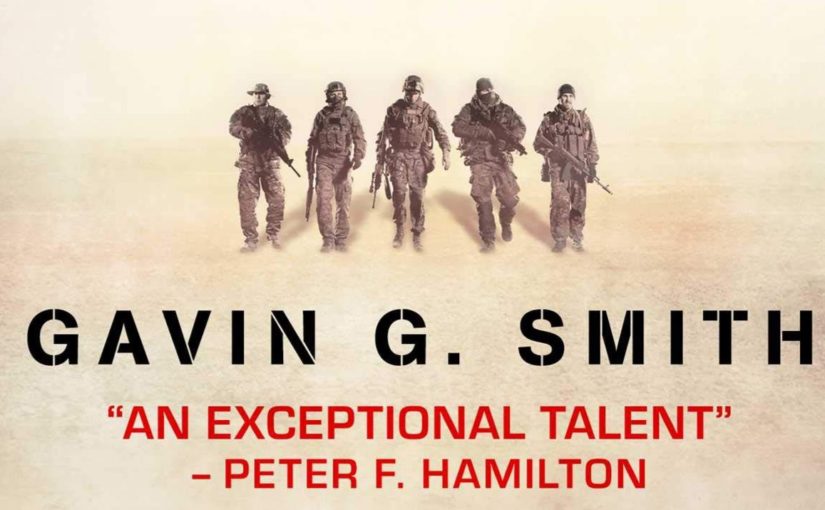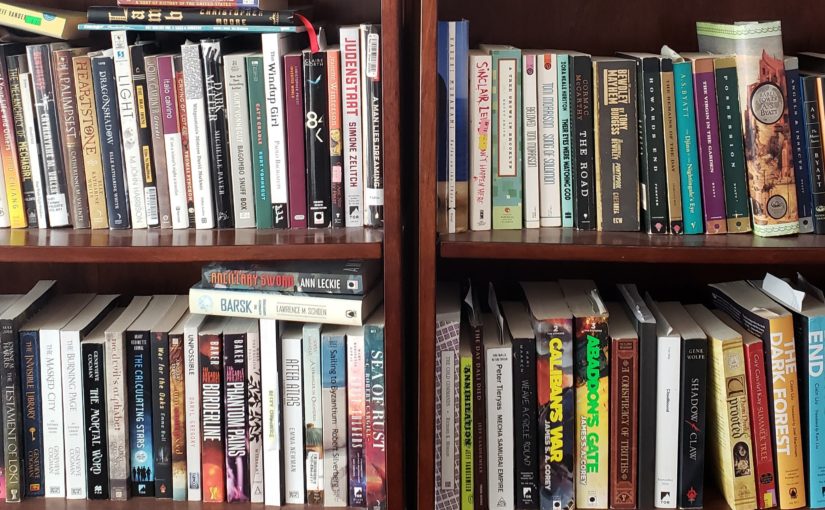Some time last winter, the incomparable sj and I decided to do a deep dive into zombie movies from all over the world. I have a hobby horse about how egalitarian zombie movies are: They are the soccer of cinema, able to be made on a shoestring and an iPhone. They don’t necessarily require much in the way of acting, and can be shot on abandoned lots and in your nana’s backyard.
While this is true of post-apocalit in general, zombie movies are also incredibly local affairs, once the lights go out and the phones stop working. People either bunker up with their neighbors in a crisis situation which is bound to show the societal fractures in sharp relief, or head out onto the road, contemplating the blood-soaked landscape as it spools by. I tend to be real irritated with the American D-grade zombie movie — all that American exceptionalism, gendered violence, and authoritarianism sets my back — but I’m not as familiar with other countries’ stupid national ideals. Largely, these films were made (or became available to an American audience) in the last 5 years — I’m not trying to catalog all foreign zombie movies, but more hit the ones being made now, which speak to more current national hopes and fears. This is why I’ve included Peninsula, but not its predecessor, Train to Busan: more recent, more better.
So in the interests of international inquiry, let’s go around the world with zombies!
Canada/Mi’gmaq First Nation
Alright, teeechnically we watched this before we’d formally decided to go around the world with zombies, but it is nonetheless a) from not-America and b) completely flipping awesome. As far as I’m aware, Blood Quantum is the first Native zombie film ever made, and it’s absolutely perfect. It hit a lot of themes about colonialism that I wanted from Betaal — an (East) Indian series that features locals/aboriginal people against the ghosts of British imperialism — but Betaal ended up squandering its premise. Which is not to say that Blood Quantum isn’t uniquely, perfectly attuned to the concerns of Native America, instead of some generic colonialism theme.
Blood Quantum is set on the fictional Red Crow Mi’gmaq Reserve in Canada. It opens with a Native fisherman trying to gut salmon that refuse to stay dead, an image that becomes a little more freighted with meaning if you know the backstory of the decades of both legal and literal violence surrounding Mi’gmaw fishing rights. The film then follows Tribal policeman (and the fisherman’s son), Traylor, as he navigates his way through both the beginning of the zombie apocalypse and pretty messy family drama. Both of his sons end up in jail “on the other side of the line” (i.e. white people jail), and he leaves them to cool it while he deals with events peripheral to the oncoming zombie apocalypse. His sons are very clearly set up as oppositional but entwined: Lysol was the son Traylor had too young and too fucked up; Joseph clearly had a more stable home, but almost idolizes Lysol and his tough luck posturing.
After this establishing opening, the movie jumps to the future several months later. Native Americans are immune to the zombie virus — though they are not immune to getting torn apart by zombified white people — so they’ve cut the bridges to the reserve and are riding out the zombie apocalypse the best they can. They are taking in non-zombie non-Natives, but that’s hugely problematic: white people are being dicks, as usual, attempting to recolonize the reserves now that their already colonized land is a shitshow. Traylor’s two sons come into increasing conflict: Lysol doesn’t want to take in any more white people, while Joseph and his pregnant white girlfriend keep bringing home survivors. The inevitable bloodbath is gleefully gory, and while the ending doesn’t go full nihilism, it’s still pretty damn grim.
(And not that this has anything to do with anything, but there are a ton of Native actors in this film who were also in the Twilight series. When I was a lass, you could play 6 Degrees of Separation of Native America with the late 80s movie Powwow Highway; basically every working Native actor was in that. Probably the next movie to perform this function was the 1998 film Smoke Signals. So it’s funny to see fucking Twilight kind of functioning that same way with the new generation. I can entirely see Blood Quantum being this kind of movie going forward, which is perfect.)
French Canada
I’ve now watched Ravenous (or Les Affamés, in the original French, if you prefer) twice, and while I really really enjoyed it both times, I also think I’m missing something entirely in the film. Ravenous is more the road trip kind of zombie film, where it moves around a locale taking the pulse of the community in extremity. The locale here is a remote village in northern Quebec. I think the film is talking very specifically to and about a French Canadian audience. Given that I know basically nothing about French Canadian culture, the types and tropes are often illegible. That said, Ravenous is musing and odd, with striking, beautiful landscapes and a downbeat ambiance. Much of the action takes place as a group of survivors make their way through the countryside, and I was earnestly impressed the way the filmmakers managed to make wide open spaces, like fields or a stretch of highway, feel claustrophobic. The zombies are also powerful strange: they group together building these strange towers of domestic items — chairs, appliances, a desk — the purpose of which is never explained. Also, dolls where you pull the string on their backs and they cry are totally horrible.
Straight Up France
The Night Eats the World has a set up reminiscent of the German zombie movie Rammbock: Berlin Undead, which I have not included on this list because that was made more than 10 years ago. In both, a guy tries to return the artefacts of their relationship to a now ex-girlfriend. In The Night Eats the World, the dude shows up while the girlfriend is having a pretty epic party. She understandably brushes him off in the middle of said rager, and he retreats to a quiet bedroom to sulk. When he wakes up, the apartment is empty, disheveled, and with blood smears on the walls. He does eventually find the ex-girlfriend, now zombified, and barricades himself in her apartment to wait out the zombie apocalypse.
The Night Eats the World is incredibly musing and introspective for a zombie movie. What little action there is is mostly seen from a distance, and the most (sort of) human interaction the guy engages in is with a zombie trapped in a barred garden entrance. When I first watched this movie, I thought it was a little boring, but I watched it again a couple months into the epidemic. Whoo boy, did it hit different. The way the main character manages his isolation and low key terror felt uncomfortably familiar. The Night Eats the World definitely captured the mood swings, melancholy, and anger of quarantine, and the ways we can both hunger for human contact and viscerally fear it. Yeesh.
Belgium
This Dutch & English language film follows a woman, her mother and boyfriend to a sketchy Eastern European cosmetic surgery clinic. The young woman (who is stacked, yo) wants a breast reduction, and her kinda trashy mom is there for a smorgasbord of cosmetic treatments, including, ahem, anal bleaching. I kinda don’t need to say more than “sketchy Eastern European cosmetic surgery clinic”; the zombie outbreak is basically inevitable. I was fully expecting a dumb but fun time — not that there’s anything wrong with that — but Yummy ended up being a cut above. For one, the cinematography is absolutely freaking gorgeous, and that’s not something I’m used to seeing in American zombie films. (I think the landscape picture road trip kind of zombie movie can be prettily shot, but even those can go the 28 Days Later shitty digital video route.)
A lot about Yummy ended up being legitimately surprising. I’m pretty resigned to the whole gamut of shitty gender roles in zombie narratives: sexism, toxic masculinity, sexual violence, &c. For example, the otherwise beautifully shot, well acted, and introspective zombie movie, It Stains the Sands Red, is almost fatally marred by a lovingly documented and wholly unnecessary rape scene midway through. Given the nexus of bullshit you can find, semiotically speaking, surrounding plastic surgery, I really expected Yummy to perform a lot of said bullshit. They regularly subverted my low expectations, which might sound like the damns of faint praise, but I really don’t mean it that way. That was legit well done. The filmmakers also came up with a whole fake language, called Balkanese, that the clinic workers speak to keep it from being tied too specifically to any given country. Which, that’s so awesome. Although Yummy is pretty high on the splatter/gore scale, which is unsurprising given the setting, the scene that legit made me cringe was when someone gets their fingers crushed by a manhole cover. That was horrifying. Plus one all around.
Austria
Attack of the Lederhosen Zombies
Now this horror-comedy set in the Austrian Alps WAS dumb but fun. Lederhosen Zombies is deliberately campy, and occasionally delivers the kind of gloriously silly gore that only the unserious can deliver. There are, for example, zombie deer. The film opens with a bunch of professional snowboarders (or somesuch) yelling woo and doing their thing. Also the owners of the ski chalet fuck around and find out with some sort of chemical in the snow machine. This is an incredibly rompy movie, with set pieces that are evenly split between honestly inventive and the dreary usual. Like, the leads kill so many zombies with their snowboards because Chekhovian snowboard. I was amused and bored in equal measures, but full points for all the Austrian national costumes, sight gags, and silliness.
Germany
I just, everything about this movie sounds right up my alley. There are zombie Nazis riding on flying sharks, just as a premise, and it only gets sillier from there. The production value is high, and there are even character actors I heart, like Cary-Hiroyuki Tagawa, in key roles throughout the movie. There’s at least one extremely well-done animated sequence (maybe two?). Unfortunately, the plot, such as it is, is so disjointed that who even knows what the stakes are, why anything matters, or what even is going on. In addition to the plotlines involving Nazi Germany experimenting on sharks and/or zombies, there was also a subplot with the Vietnam War (and zombies and maybe sharks?) which I legit didn’t grok. In true B-movie style, there are several grindhouse style sex scenes which end in huge boobies covered in blood. I suspect mood might have a lot to do with my irritation with this movie, as I had serious playback issues the entire time. As it stands, much of it felt pandering or impressed with itself, too busy trying to one-up itself that it forgot to build any kind of through-line, either emotionally or narratively speaking. That said, I can see a situation when I was all on deck for Sky Sharks, and it’s possible with another viewing I’ll change my mind. I don’t want to warn anyone off, because Sky Sharks is so weird it deserves a viewing by any undead enthusiast. Maybe it’ll work for you.
Israel
JeruZalem is pretty questionable as a zombie movie, because the monsters herein aren’t very zombie-like, but I’m including it as a contrasting edge case. The movie follows two Jewish American girls, Rachel and Sarah, on their trip to Israel. They had planned to stay in Tel Aviv, but after discussion with a fellow traveler called Kevin, they head instead to Jerusalem. Probably not a huge surprise that a creature feature set in Jerusalem, a city vitally important to the three major Abrahamic religions, would lean into religious mythology. (I just learned that Baháʼí is also Abrahamic, which is neat.) Rachel and Sarah bop around Jerusalem, hanging out with the Muslim hostel owners, flirting with Israeli solders, sightseeing, clubbing, etc. On Yom Kippur, the Jewish day of atonement and repentance, the girls are startled by an explosion and fighter jets flying over the city. (The film keeps referring to as Yom Kippur as “judgment day”, which is technically correct but maybe a little histrionic — I see what you’re doing there.) They first assume a terrorist attack, but when the dead start rising and attacking people, it becomes clear this is sectarian violence of a much more biblical kind. They then race to get the hell out of Jerusalem (literally! har har) before the gates close and they are trapped in the walled city.
The principles in JeruZalem do refer to the creatures therein as zombies or the undead, and there are a couple zombie-like attributes: the affliction is transmitted by bite, and the turned then turn on the living in mobs. But they also have freaking wings, and, in one expository video from 30 years before, appear to be able to be exorcized from the host. Zombie narratives are by and large secular affairs, even despite the occasional invocation of religious idiom. (Like the line from Dawn of the Dead: “When there’s no more room in hell, the dead walk the earth,” or the graffiti scrawled in 28 Days Later: “Repent, the end is extremely fucking nigh.”) Zombie narratives tend to be stories of the end of modernity, not a biblical or metaphysical end, but then JeruZalem is, kind of neither? Honestly, I’m not precisely sure what the take-home of the film is. There is some discussion of Jerusalem syndrome in the film, which is when visitors to the holy land become convinced they are either messianic or biblical figures. Jerusalem syndrome affects members of all faiths; for instance, David Koresh had it. It would be possible, given what happens to Sarah in the end, to read the movie as an allegory for how American Jews are sometimes radicalized by return to Israel. I don’t know, maybe not. Either way, the zombie-like creatures in JeruZalem are doing something decidedly different, metaphorically speaking, than your traditional Romero zombie.
New Zealand
This ridiculously low budget zombie movie follows three dudebros as they bop around the zombie apocalypse. After a beginning which finds them “bantering” in a mansion, I was real worried I would seriously fucking hate these guys, but they end up not as awful as anticipated. (Though still objectively dorks.) With a budget this small, the film has to rely more on dialogue than zombie thrills, which is a problem for two reasons: the actors suck, and the script is reheated leftovers. Which is not to say I didn’t end up laughing at both the intended and unintended comedy. The sequence in the record store was legitimately funny (which in turn shouts out to the band who wrote the theme song — God save us all.) Extra points for a pretty seriously nihilist ending — usually this kind of scrappy garage project can’t bear to give its dudebros anything but the happiest of endings.
Last of the Living kind of reminded me of this terrible zombie movie my aunt was in, called I Am a Middle Aged Zombie Too. Shot entirely on location in Washburn, WI, it features an all-local cast and some hilariously awesome Wisconsin accents. But, legit, I wouldn’t like the movie half so much if my Aunt Kristen weren’t in it as a zombie who gets killed by some Rad Hat ladies; it’s just too dumb and local. Which is kind of my thesis for why zombie movies are so great, so I’m being a little contradictory here. Oh well.
South Korea
Peninsula was styled as Train to Busan Presents: Peninsula when it was released in the States, as Americans might be too dumb to understand a sequel that doesn’t have any character continuity with its predecessor. Set some time past the events of Train to Busan, the people who have escaped the zombie apocalypse on the Korean peninsula are now a people in exile and diaspora. The opening sequence follows Marine Captain Jung-Seok and his family — a sister, brother-in-law, and nephew — as they race through the countryside. They end up abandoning another family to the zombies, but make it onto a ship out of Korea. When a shipmate zombifies, Jung-Seok is forced to bolt his sister and nephew in a room full of zombifying passengers. The brother-in-law, Chul-min, survives to remind him of his shame forever. We then check in with him & Chul-min in Hong Kong several years later, following them through negotiations with gangsters to head back to Korea, basically to commit a heist. (Which, that kind of sounds like Army of the Dead a little, now that I think of it.)
As per all heist narratives, everything goes to shit once they get hold of the truck full of money, and the crew is either scattered or killed. The family Jung-Seok abandoned turns out to be still alive. A Warriors-style gang self styled as a militia unit captures Chul-min, which is where my least favorite part of this otherwise entertaining film takes place. The militia has one of those zombie cage-match situations, and I am so bone-tired of that trope. I just feel like it’s something like narratively lazy, playing out a meaningless spectacle full of sound and fury that signifies nothing. Once past this irritating sequence, Peninsula gains both plot and emotional momentum, and that ending is an absolute edge-of-the-seat nail-biter with very real stakes.
I’ve gone back and forth whether to include this South Korean film, because, best I can tell, both this and an American film called #Alone were developed from the same script at roughly the same time. #Alive’s release is a less than half a year before #Alone, which I assume means they both had to be in production at the same time, though admittedly Covid-19 played havoc with the 2020 release schedule, among other things. The set up isn’t dissimilar to the The Night Eats the World, in the sense that the focus is on an individual isolated in an apartment due to a zombie plague. The key difference in both movies is that the main character continues to be connected through the Internet to the rest of humanity, at least until the power goes out.
The Korean adaption more clearly emphasizes the isolation and despair of its lead, the way doomscrolling stands in, poorly and imperfectly, for actual human interaction, both lifeline to the lonely and impediment to real connection. #Alive also is much nuanced in the way it uses media — the ways we construct a version of ourselves for public consumption, and how we consume other people’s closely cropped identities in turn. The lead papers over the windows to avoid the horrors outside, an then invites them right back in through the computer screen. While these same overt actions happen in #Alone, I just didn’t feel the same freight of meaning, I think partially because the lead in #Alone is a Taylor Lautner type who spends an inordinate amount of time with his shirt off. There are ravening zombies, dude, maybe cover some of that bitable skin. The Korean version also deemphasizes the romantic element of the lead’s interaction with the neighbor, which causes unnecessary drag on the momentum in #Alone.
I think #Alive is much more successful that #Alone, but there’s one sequence I prefer in the American version. In #Alone, Donald Sutherland lends his regretful gravitas to a zombie trope found in both films: the grieving relative feeding live people to a zombified family member. I find this trope incredibly distasteful, but Sutherland does elevate the proceedings somewhat. Additionally, the zombies in #Alone are often repeating the same things over and over, and the characters theorize this is because some part of them is still aware, but they are driven by their violent compulsions. In the scene with Sutherland and his now-zombified wife, she’s both begging them to kill her and trying desperately to attack them, and it’s pretty gutting. I don’t remember the zombies in #Alone doing this, though it’s possible that’s due to the limitations of subtitles. That detail notwithstanding, #Alive still seems more relevant to our Zoom-mediated realities & life in lockdown, and coherent in its storytelling.
Philippines
Much as I love zombie movies, they don’t all that often catch me right in the feels. I go into them at a reserve, emotionally speaking, because I know that few, if any, of the characters are going to make it out alive. Block Z managed to break through my arms-length emotional stance, and did it while delivering some seriously harrowing thrills. It’s honestly one of the best traditional zombie movies I’ve seen in the last while. The movie opens with a father dropping off his daughter to her med school rotations. (This is the titular Block Z — it’s a wing of the hospital.) Their relationship is strained after the death of her mother, &c. There, she plays nurse to a bitten woman with a small daughter. The mother dies, she comforts the girl, taking her away from the death. Then the mother reanimates and begins to attack the nursing staff and other patients. From there, the zombie plague spreads through the hospital and out into the city.
The opening has a compacted sequence of establishing relationships with the med student’s colleagues, teachers, and patients, and it’s pretty impressive how many relationships they sketch in such a short period of time. A lot of the plot of Block Z is melodramatic (in a good way!): fathers disconnected from daughters, children grieving mothers, rich assholes lording their wealth over others, cops and colleagues, friends and enemies, all fighting their way through a situation they aren’t prepared for. The zombies are the Eastern kind, with jerky, almost insectile movements, screaming, and fast. I find them much more alarming than the Western kind: slow, stupid, and moaning. Several times, people sacrifice themselves for others, and it never feels cheap or exploitive. Once, a child throws herself at her zombie mother, and it’s heartbreaking. Block Z knew exactly where to get me. Good job.
Malaysia
This was pitched to me as Malaysian Shaun of the Dead, which is accurate on some level. There are several sequences where the half-assed “hero” of this film, a guy called Skinny, kind of bops around the zombie apocalypse completely oblivious to the zombies all around him: he delivers food and snatches the money from a zombie’s hand through a gate; he plays field hockey with zombified teammates not understanding that their attempts to tackle him have a more dangerous purpose. Really more a series of vignettes than a full-on narrative, KL Zombi — the KL stands for Kuala Lumpur — vacillates between funny and tiresome. For example, there’s a sort of Shaklee salesman slash televangelist called Bro Khalid who factors in one of the side-plots, and everything having to do with him was aces. The third act gets especially tiresome — there’s the zombified son of a cop and a bullshit ethical dilemma surrounding him — but then some ointment made by Bro Khalid ends up de-zombifying people. Which, I get why a comedy would seek to make everything ok in the end, but that kinda ruined all the stakes? In addition to not making sense? The sexual politics are often questionable, especially in the opening and closing sections, though thankfully it’s just the garden variety chauvinist kind, not the sexual assault kind, a thing I see far too often in zombie movies. KL Zombi is not essential viewing, but it definitely had the feeling of a passion project with a group of people super into it. That goes pretty far for me.
Japan
At this point, I’m going to try to get One Cut of the Dead onto every zombie roundup I do: It is suuuuuch a good movie. Unfortunately, this movie has such a massive conceptual spoiler at the first act turn that I can barely say anything at all about it. While a film crew is filming a zombie movie, they are attacked by real zombies. The opening 30 minutes or so are done in one single, continuous take, which is all the more impressive for how much ground they cover. This isn’t Wallace Shawn and André having dinner in a fixed location. I recently watched George Romero’s fifth zombie movie, Diary of the Dead, which has a similar set up: college students making a horror movie start living one. Much as I love Romero, Diary of the Dead really suffers in comparison, though I do acknowledge that horror and horror-comedy are different animals. Romero’s social commentary feels like a Boomery indictment of internet culture which fundamentally misunderstands how that works, and the delivery is dreary and leaden. One Cut’s milieu is the film industry, and it’s an affectionate sendup of the types and tropes one encounters as a journeyman in the industry, in addition to being just a whole lot of fun. I can’t recommend it enough.
